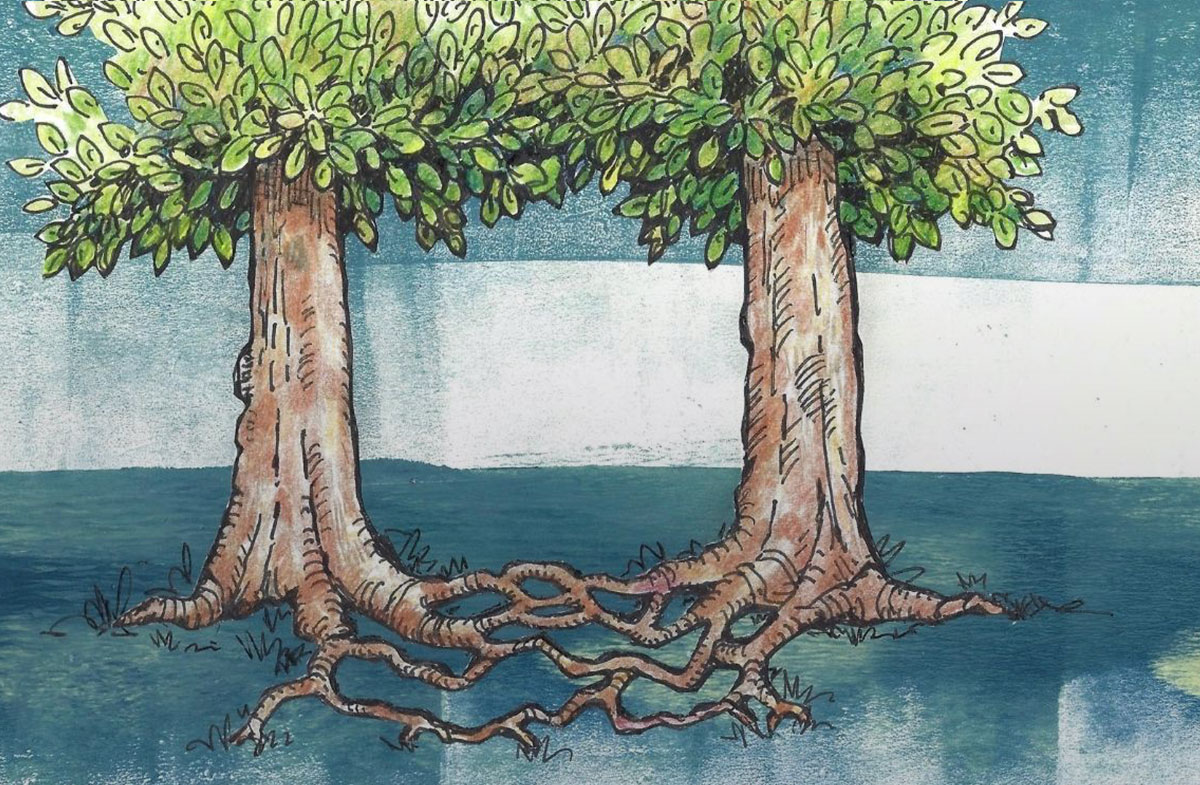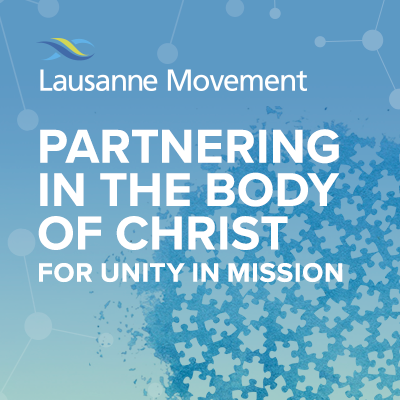In 2019, the research firm Ipsos Group published a survey that involved 19,782 participants from 27 countries. One question asked participants if they believed their country’s society was more or less at danger because of political divisions than it was 20 years ago. 41% of participants said their society was more at danger, while only 14% said that it was less.
People having different political views is actually healthy for society. However, there is a huge difference between normal and toxic polarization.
Increasing toxic polarization was also highlighted in the 2019 book Democracies Divided. Authors dedicated a separate chapter to each of nine countries—Turkey, Kenya, the United States, India, Poland, Colombia, Bangladesh, Indonesia, and Brazil—and determined that all of them were experiencing an unprecedented erosion of democratic norms. Misinformation, extremism, and hate crimes are on the rise in many places around the world.
People having different political views is actually healthy for society. It is scientifically well-known that diversity of thought fosters creativity. However, there is a huge difference between normal and toxic polarization.
Toxic polarization—when division becomes dangerous—can be characterized by political conversations being focused not on people’s values but on people’s identities. It involves not just a disagreement of opinion, but an active dislike and even dehumanization toward those on ‘the other side’. The dividing lines can brutally cut families, communities, and nations in half.
Much of this disagreeable tendency has crept into the church. A March 2022 Barna Research Group study surveyed American protestant pastors and found that a whopping 42% considered quitting being in full-time ministry during the past year. When asked what reasons contributed to their desire to quit, 38% cited ‘current political divisions’. Pastors around the globe may feel similarly.
So what should be done about these unhealthy political divisions in the church? Should we seek somehow to reduce polarization?
My answer is no—rather than reducing polarization, we need a renewed understanding of it. The church is to be made up of diverse groups of people, and that diversity should make the church stronger. The enemy is not diversity of thought itself—it is rather the specific type of diversity that is steeped in a spirit of sinful division.
The Place of Diversity and Unity in the Church
The global church needs to embody both unity and diversity. This, in fact, is one of the main themes of the book of 1 Corinthians.
Although church leaders play different roles, they are to be united in building God’s church (1 Corinthians 3). Although individuals are at different life stages, they are to be united in living as they are specifically called (1 Corinthians 7). Although the Spirit gives different spiritual gifts, they are to be empowered to use those gifts for the common good (1 Corinthians 12).
God designed the church to embody both unity and diversity. Our unity should not be one-dimensional, and our diversity should not be divisive.
Unity and diversity together ensures healthy polarization. If we emphasize unity at the expense of diversity, then we will become clones of one another, and the church will be limited by its one-dimensional nature. As Paul wrote in 1 Corinthians 12:17, ‘If the whole body were an eye, where would be the sense of hearing? If the whole body were an ear, where would be the sense of smell?’
On the other hand, if we emphasize diversity at the expense of unity, then we run the risk of toxic polarization. We segregate ourselves and judge those who share different views. As Paul wrote in 1 Corinthians 12:21, ‘The eye cannot say to the hand, “I have no need of you,” nor again the head to the feet, “I have no need of you.”’
God designed the church to embody both unity and diversity. Our unity should not be one-dimensional, and our diversity should not be divisive.
Devotional Plan
Partnering in the Body of Christ for Unity in Mission
Spend the next 5 days reflecting on and praying about what unity can look like as we work together toward world evangelization.
The Dangers of Both Extremes
Unfortunately, when it comes to politics, many church leaders around the world often feel the need to choose unity at the expense of diversity, or diversity at the expense of unity. But neither extreme follows the biblical model.
On the one hand, those who choose unity at the expense of diversity often downplay politics. Secular politics, these proponents may say, distracts from the unity of the church. We can have our votes, our protests, and our social media rants, but we need to keep these outside of church walls. At the end of the day, when we come together for worship or fellowship, we need to put our differences aside.
On the other hand, those who choose diversity at the expense of unity tend to idolize politics. Not putting politics front and center in our churches, these proponents may say, is akin to compromising on our moral values. Therefore, we need to condemn churches that don’t highlight certain events on the news. We need to make it clear that taking our stance on a particular political issue is the only stance that Christians should take.
There is danger on both extremes, and I’ll say a few words to those on each side.
To those who have the tendency to downplay politics, consider this. The church that refuses to allow politics into its sanctuary accomplishes neither unity nor diversity. Not only will political diversity be hampered, but true unity will be as well. After all, the definition of unity is that different people are coming together. But if the downplaying of politics causes people of minority opinions to feel unheard or devalued, this type of ‘unity’ may actually cause disunity.
One may think that the pursuit of unity means hiding our differences. But in fact, true unity is found in identifying and engaging with our differences, and then loving each other the same. It is to say, ‘I now see that we are very different. We have different experiences, values, and stories. But I will stand with you.’
Our primary allegiance is not to a political party but to our brothers and sisters in Christ both in our own countries and around the world.
Additionally, oftentimes those who care the most about political issues are those who are the most hurt or concerned. Disallowing politics in our churches communicates that their pain does not matter to us. Many of those who are grieving and suffering about what is happening on the news find no solace in their churches, and their only recourse is to turn to TV and social media for their political discipleship. In most cases, this only serves to increase their partisanship and isolation.
And to those who have the tendency to idolize politics, consider the same. The church that puts politics front and center accomplishes neither unity nor diversity. Not only will spiritual unity be hampered, but true diversity will be as well. The only people who will attend your church will be people who share your political values. This type of ‘diversity’ may actually cause uniformity. When you defriend people online, cancel out family members, and leave churches or denominations over political issues, you take steps toward self-segregation.
For some of us, the pursuit of diversity causes us to center our whole identity around our differences. We feel that a certain aspect of our identity has been so overlooked that we swing to the other side of the pendulum and make that aspect more important than all other identities. But whether that is an ethnic identity, sexual identity, or political identity, we must always remember that our main identity is our identity in Christ. Therefore our primary family is not our political tribe but the church.
A Band of Natural Enemies
The church, not the secular government, is God’s chosen institution to accomplish his will on earth. At the end of the day, we need to be more concerned about the politics of the kingdom of God than the politics of our individual countries. Our primary allegiance is not to a political party but to our brothers and sisters in Christ both in our own countries and around the world.
So what might this look like?
We need churches that welcome talking about politics. We need thoughtful sermons, Bible studies, panel conversations, and seminars on political issues.
Simply put, we need churches that welcome talking about politics. We need thoughtful sermons, Bible studies, panel conversations, and seminars on political issues. We need platforms for the marginalized and the downcast, so that their voices can be magnified for the whole church to hear. But we need to do this all without idolizing politics, and without being partisan.
Even more than that, we need churches that teach people how to talk about politics. How do we engage with politics with humility and grace? How do we resist the temptation to slander or exaggerate? How do we prioritize our spiritual identity above our political identity?
I have a friend who doesn’t see eye-to-eye with me on many issues. Whenever I post thoughts or share articles over Facebook, he has often let me know why he disagrees in my comments section. In turn, I usually try to respond with humility and discernment, and we go back and forth until we agree to disagree. I don’t have much confidence that our exchanges change our stances very much, but at least they publicly model for digital passersby how to dialogue in healthy ways.
In January 2021, there was a protest in Washington, DC, and many people broke into the US Capitol building—a very controversial and divisive event for my country. The following Saturday I wrote a Facebook post about my thoughts on what had happened, and soon after, that particular friend of mine messaged me. This is what he wrote:
I have been praying a lot this week for our nation, politics, and the event that occurred at the Capitol.
You seem like the pastor who would be addressing it in the pulpit tomorrow so I specifically prayed for wisdom to speak the truth and faithfulness in caring for members who may be emotional over it. As critical as I am in your comment section (and that likely won’t ever change), I am rooting for you and you are the guy I recommend to friends when they ask me for pastors who speak on the same issues I do, but have different viewpoints.
Jesus lovingly took us, his enemies, and made us his friends. And then he commissioned us to do the same with one another.
In many ways, my friend embodied church unity amidst political diversity. Even though he didn’t share the same political allegiances as me, he committed to standing together with me as a brother in Christ.
Many people often assume that unity is dependent on commonality. The more you have in common with somebody, the more united you will be to that person. But this principle undercuts the Christian gospel. The message of the cross is that we had nothing in common with Jesus, yet he came and took on flesh, permanently uniting himself with us.
Jesus lovingly took us, his enemies, and made us his friends. And then he commissioned us to do the same with one another.
D. A. Carson writes in his book, Love in Hard Places:
[The church] is made up of natural enemies. What binds us together is not common education, common race, common income levels, common politics, common nationality, common accents, common jobs, or anything else of that sort.
Christians come together, not because they form a natural collocation, but because they have all been saved by Jesus Christ and owe him a common allegiance . . . In this light, they are a band of natural enemies who love one another for Jesus’ sake.
The goal of the church is not uniformity. As we carefully bring politics into the church, our hope is not to convince everybody to vote the same way, or to be a reliable voting bloc for any one political party. We do this so that we can listen to one another, learn from one another, seek to understand one another, care for one another, and love one another, even if we don’t vote the same way. We do this so that the church would be both united and diverse, and as a result it would be a glorious display of the gospel.
Photo Credit
Original illustration by Sandy Swartzentruber


